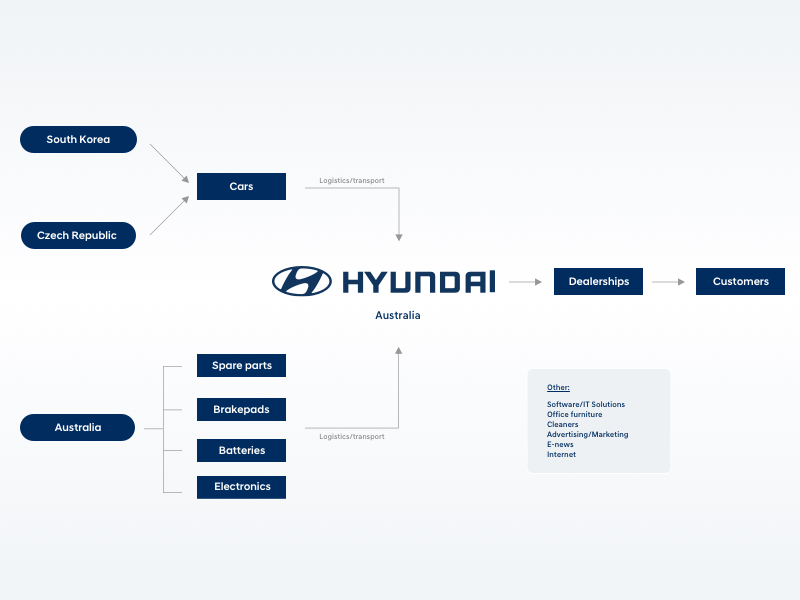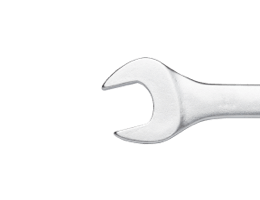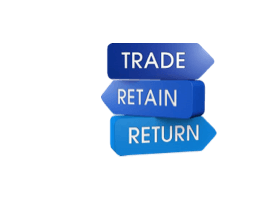Modern slavery statement.
June 2021.
- Introduction.
- Hyundai Motor Company Australia Pty Limited (ACN 008 995 588; ABN 58 008 995 588) (Hyundai Australia) takes its obligations under the Modern Slavery Act 2018 (Cth) (the Act) very seriously and is committed to combating modern slavery in all its forms.
- To prepare this compliance statement, Hyundai Australia has undertaken a comprehensive investigation of its operations and supply chains in order to identify modern slavery risks. This has included:
- key suppliers completing a detailed questionnaire about their operations and the goods or services they supply to HMCA; and
- using feedback received from suppliers to do an organisation-wide assessment of the risks of modern slavery in our operations and supply chains.
- In addition, Hyundai Australia has implemented a number of policies and procedures to institutionalise the ongoing practise of identifying and assessing modern slavery risks. These include creating a new Supplier Code of Conduct which sets out the minimum workplace standards and business practices that are expected of every current or potential Hyundai Australia supplier including with respect to combating modern slavery.
- Structure, operations and supply chain.
- Hyundai Australia is a wholly owned subsidiary of Hyundai Motor Company – a company headquartered in Seoul, South Korea. Hyundai Australia does not own or control any other entities.
- Hyundai Australia imports, promotes and distributes Hyundai and Genesis branded motor vehicles and spare parts in Australia, New Zealand and the Pacific region.
- Hyundai Australia employs approximately 246 people.
- Hyundai Australia is comprised of six core internal operating divisions:
- Corporate
- Marketing
- Sales
- Aftersales
- Genesis
- Network Development
- Our registered office is in Macquarie Park, NSW. Hyundai Australia also has offices in Victoria, Queensland, South Australia and Western Australia and there are approximately 168 independent franchised Hyundai dealerships across Australia.
- Our suppliers are based in Australia and overseas. Hyundai Australia has imported motor vehicles from related companies in South Korea and the Czech Republic since around 1986 and 2013 respectively. An overview of our supply chain is set out below.

- Risks of modern slavery in Hyundai's supply chain.
- We have undertaken a process of consultation with our key suppliers to assess the risk of modern slavery in our supply chain. We:
- identified our key suppliers;
- issued a survey to those suppliers;
- considered the responses provided;
- identified any risks; and
- are in the process of engaging with suppliers whose responses indicated a lack of awareness or focus on modern slavery.
- Risks of modern slavery in our supply chain primarily relate to the manufacture of motor vehicles and spare parts overseas.
- Our critical suppliers are in low risk jurisdictions in the 2018 Global Slavery Index. While these countries have a higher risk of modern slavery than Australia, the vehicles are manufactured by related companies which uphold strict compliance with labour laws and have codes of conduct and ethics that address modern slavery.
- Risks also arise further down the supply chain. For example, one of Hyundai Australia's suppliers imports parts from India which has a medium risk of modern slavery. That particular supplier is based in Australia and the Indian manufacturer is a related company subject to global policies including human rights policies and codes of conduct. Another supplier is based in Australia but has operations and suppliers in a number of countries including Thailand which has a high risk of modern slavery. This supplier screens their suppliers, has a corrective and preventative action procedure for dealing with issues such as modern slavery, conducts periodic assessments of stakeholders and plans to introduce annual audits.
- There are also risks associated with a lack of visibility of every step down the supply chain.
- Addressing risks of modern slavery.
- Hyundai Australia is working to improve its framework for raising awareness of and addressing modern slavery risks, for example:
- we have updated our Supplier Engagement Policy to include sections relating to our Supplier Code of Conduct and modern slavery compliance. Our supplier Code of Conduct sets out the minimum workplace standards and business practices that are expected of our suppliers, including in relation to modern slavery;
- all new suppliers are bound by our Supplier Code of Conduct;
- we have updated our template services/contractor agreements to create positive obligations on suppliers and contractors to abide by the Supplier Code of Conduct, which forms an annexure to those agreements;
- new key suppliers must also complete our modern slavery supplier questionnaire as part of the onboarding process; and
- we have provided training to staff about modern slavery and supplier engagement.
- Hyundai Australia is committed to the highest standards of ethical conduct in all its business activities and fostering a culture of ethical behaviour and good corporate governance. Hyundai Australia supports the reporting of any improper conduct. Our Grievance Policy and Whistleblower Policy provide processes for, and protection of, those who raise concerns.
- Assessing the effectiveness of our actions.
- Hyundai Australia is still developing methods to better assess the effectiveness of our actions to assess and address risks of modern slavery. These methods include tracking the roll out of training to new staff and monitoring all new supply contracts to ensure suppliers have signed up to our Supplier Code of Conduct.
- Consultation process.
- Hyundai Australia does not own or control any other entities.
- Authority to make this statement.
- This statement was approved by the board of Hyundai.

Junheang Heo
Chief Executive Officer


